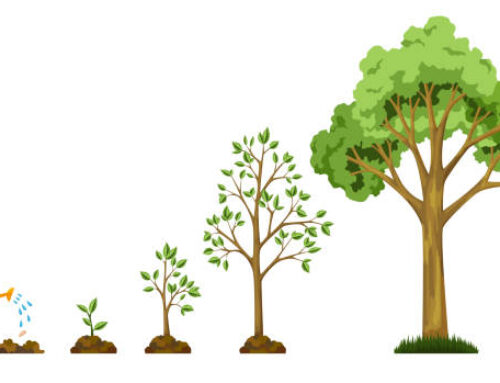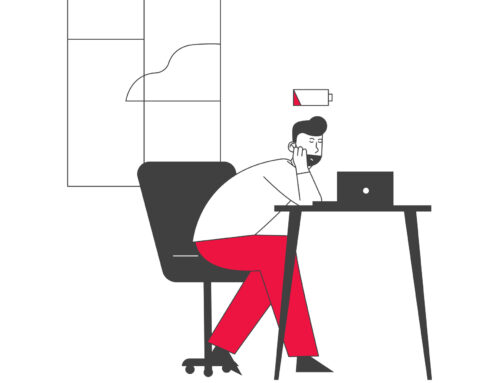Responsible HR
Shawnee Love •
August 1, 2013
Last week we discussed responsible companies and their common focus of leaving the world a better place than what they found it. This Kenyan proverb articulates the philosophy well:
“Treat the world well. It was not given to you by your parents. It was loaned to you by your children.”
This week, we are going to look at the types of HR practices, i.e., people practices, that socially responsible companies are implementing.
As a general rule, responsible people practices are those which enhance the employment environment and advance the employee. That means not only treating employees with respect but also seeking opportunities to improve how they work and their lot in life.
In practice, these companies must have effective two way communication and trust built into the employment relationship. That means the company leaders not only:
- Provide the vision,
- Spearhead the strategy, and
- Model the values,
but they are also engaging with employees to gain insight, build rapport and relationships, and continually calibrate the big picture with the grass roots of the company. Their decision making efforts not only contemplate the hard costs, but also the soft costs in the context of the well being of their employees and their community in general.
These companies also have:
- Recruiting practices that hire people with those same “responsible” values, i.e., shared responsibility for improving the world, respect, integrity, trust, appreciation, communication, etc. and a drive to achieve their common purpose.
- Capacity Development programs that seek to enhance the skills, knowledge and abilities of employees not just to do a better job, but for the sake of nearing their potential (whether there are future opportunities at the company or not).
- Base Compensationthat is fair and
- at one end of the spectrum ensures employees can afford the necessities and
- at the other end is
- connected to the value added by the person in the short AND long term and
- reasonable in comparison with the lowest paid jobs of the company (in 1950, CEO’s made about 20 times the lowest paid employee. In 2013, that number increased to 204! [Bloomberg April 2013])
- Benefits which protect the health of the employee and family and enable the employee to build long term wealth.
- Rewards & Recognition aligned with not only what employees do but how they do it. (You don’t have to be a rocket scientist to see why publicly traded companies with a mob of shareholders find it difficult to care about let alone reward anything beyond short term ROI.)
- Diversity practices which build greater understanding and inclusion amongst our multicultural, multigenerational, multilingual Canadian workforce.
- Organizational Culture initiatives which draw ideas and feedback from employees and ensures the environment is one where their employees are happy to go to work, i.e., what is important to the employee becomes important to the employer.
All of this being said, start with what makes sense for your company and go from there. RBC has committed to doing socially responsible practices, D.I.R.T.T. is walking their talk every day on this count as well. Your local laundromat or pet store might be doing some of these things and you can too. It just takes thought, planning, and a sincere commitment to doing your part to making your corner of the world better for your customers and your staff.
Share your company’s efforts to advance your employees by commenting below!





